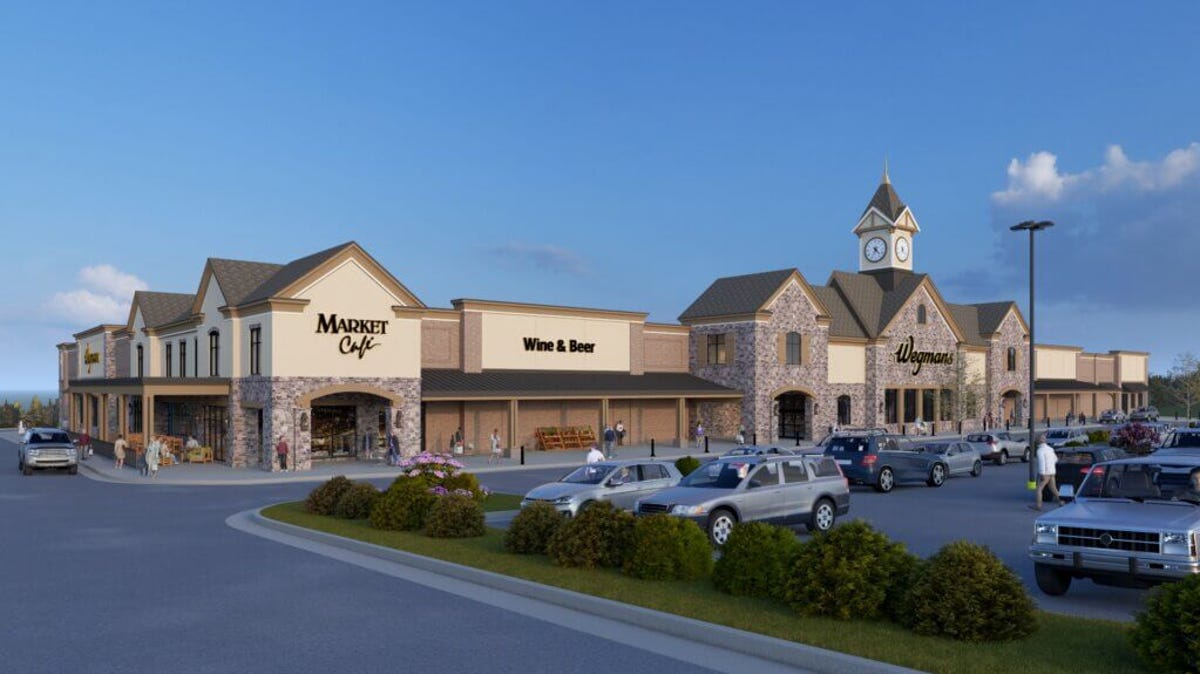When it comes to protecting children, Pennsylvania has many safeguards in place.
Those who work with children, such as teachers and day care workers, are required to get criminal background checks. Any employer can check arrest and conviction records publicly available through the Pennsylvania State Police. The local and statewide government agencies charged with protecting our kids have their own records, too — the Pennsylvania Department of Human Services, for instance, keeps track of who has been accused of maltreatment, whether such findings are substantiated, and what steps have been taken to protect children, and uses it for investigations and recommending actions when children are in danger.
But states maintain an additional level of monitoring to protect children: public registries that list adults who have been accused of maltreatment. In Pennsylvania, this is known as the ChildLine & Abuse Registry. Any employer hiring for positions that may include interactions (even brief) with children, ranging from home health workers to hospital staff, has access to the registry.
From its name, you would think the ChildLine & Abuse Registry is a list of monsters. But people convicted of horrible crimes — such as child sexual abuse — are handled by law enforcement, and thus appear on criminal background checks or in records maintained by the Pennsylvania State Police. (And anyone convicted of child sexual abuse will appear on the Pennsylvania Sex Offender Registry, which is also publicly available.)
Instead, the ChildLine registry is made up of many regular moms and dads — disproportionately Black — who ended up on the registry for reasons other than outright abuse. These include parents who had children that developed a severe diaper rash and were reported by a health care provider, who brought their child to the hospital for an accidental injury that someone thought looked suspicious, and who were unable to take their child to a series of medical appointments.
Rather than protecting kids, the registry bars people from a whole host of jobs over their lifetime — which, in turn, makes it harder for them to care for their children.
To be clear: Child abuse is a real problem. But ChildLine is not the answer.
In a yearlong study conducted by law students at Penn Carey and Temple Law Schools, we found that Black people are placed on the registry at nearly twice the rate of their numbers in the general population: Black people make up 12% of the population in Pennsylvania, but 23% of the people placed on the registry. In certain counties, this rate was closer to three times. And those placed on the registry are young, with three-quarters of people under the age of 39, and nearly half under the age of 30. The younger you are added to the list, the more impact it has on you, because you are on the registry for life.
Why the disproportionate numbers?
There is research to suggest that people can be influenced by bias when reporting child abuse, with health care providers more likely to report abuse or neglect in Black families than white families. “Neglect” is especially problematic, because its definition involves subjective assessments such as “failure to “supervise” or provide the “adequate essentials of life,” often conflated with poverty.
As the research illustrates, the story of ChildLine is yet another tale of the over-surveillance of Black communities — this time by the child regulation system.
If we care about racial justice, we need to upend the assumption that the registry is about keeping children safe.
The registry compounds the racial harms that it fosters by creating barriers to employment for Black workers: Once a parent is on the registry, they are barred from all kinds of jobs. Before 2015, only employers hiring childcare workers and school employees would run an applicant’s name through ChildLine. After the Jerry Sandusky scandal, the legislature expanded the kind of jobs that require a child abuse clearance, and there are 49% more clearances requested now than a decade ago.
Employers request clearances even if they are not legally required. In our research, we learned about child abuse clearances required from home health care agencies that exclusively worked with elderly people, hospitals with administrative staff that worked remotely, and warehouse workers — on the off chance that the warehouse was located near a school.
Here is where the racial harms compound: Labor statistics show that Black workers are overrepresented in the very occupations that tend to require clearances.
I believe Pennsylvania needs to consider abolishing the ChildLine & Abuse Registry.
» READ MORE: A state registry claims to protect children. It locks Black parents out of jobs, researchers say
I realize the idea of abolishing the registry is politically fraught. But I haven’t seen any evidence that the registry is keeping kids safe, yet there is plenty of evidence to show it’s doing harm to the families it’s meant to protect.
Rather, in the last decade, the number of substantiated cases of child abuse has increased, rising from 3,164 cases in 2012 to 4,992 in 2022, suggesting the registry isn’t working.
What would it look like if Pennsylvania got rid of the registry? Here, we have an example to consider. In 2020, Georgia abolished its registry, and employers must now rely on already-existing tools of criminal record checks to screen potential employees. In 2022, Melissa Carter, the executive director of the Barton Child Law and Policy Center at Emory University, noted that, so far, there is no evidence — anecdotal or otherwise — that the repeal of the registry has led to an increase in child abuse in the state.
Abolishing Pennsylvania’s child abuse registry won’t happen overnight. In the meantime, child protective service agencies — both in Philadelphia and throughout the commonwealth — should track and release more data related to the racial impacts of the registry. Officials must keep following these data, and the results of other regions like Georgia that rely on other tools besides the child abuse registry to keep kids safe. Together, we can work to create a world where Pennsylvania’s children are safe without a registry.
Jennifer Lee is an associate professor of law at Temple Law School.

/cloudfront-us-east-1.images.arcpublishing.com/pmn/VTTU6GAQ4JHAJJUSIJ3A44RX6Q.jpg)




















/cdn.vox-cdn.com/uploads/chorus_asset/file/25822586/STK169_ZUCKERBERG_MAGA_STKS491_CVIRGINIA_A.jpg)

/cdn.vox-cdn.com/uploads/chorus_asset/file/25821992/videoframe_720397.png)


